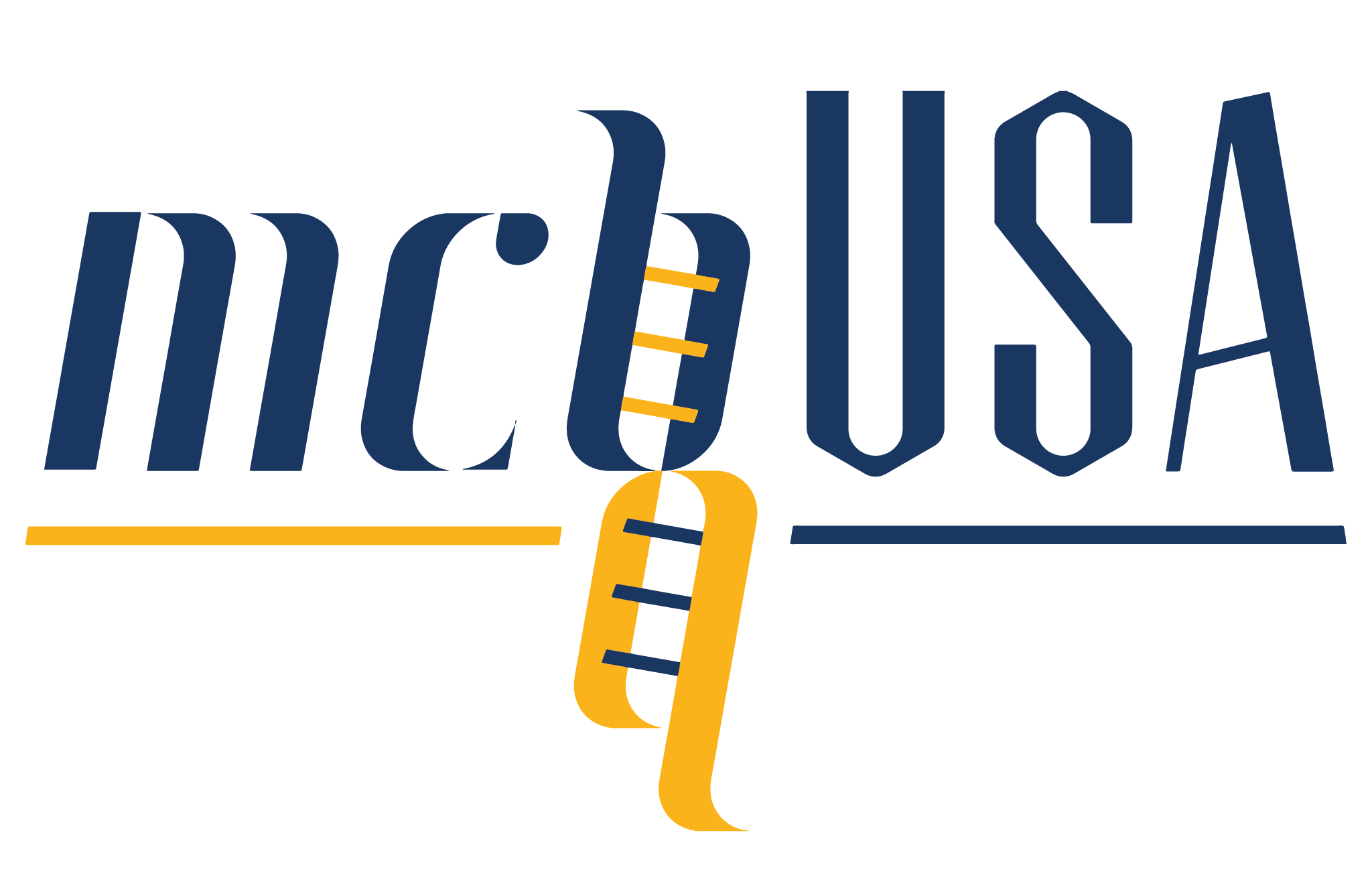Elcin Unal
Organization
MCB
Keywords
Meiotic rejuvenation, organelle remodeling
Project Description
During meiosis, nuclei must undergo two consecutive divisions to generate haploid gametes for sexual reproduction. It is equally important that each gamete inherits its share of mitochondria, which are essential organelles required for cellular respiration and other key metabolic events. Given their indispensable functions, mechanisms ensuring faithful mitochondrial inheritance must exist. While such mechanisms have been described in mitosis, very little is known about how mitochondrial inheritance is regulated during meiosis. Previous work from our lab uncovered a remarkable mitochondrial contact remodeling event in budding yeast meiosis: mitochondria first detach from the cell cortex in meiosis II, and subsequently establish de novo contact sites with the dividing nuclei. The initial detachment is induced by the programmed destruction of MECA, an organelle-tethering complex that connects mitochondria to the cell cortex. MECA destruction is regulated by the meiotic transcription factor Ndt80 and the conserved kinase Ime2 (Sawyer et al., 2019 JCB). Ndt80 is also required for mitochondrial-nuclear (mito-nuclear) tethering; however, the molecular identity of the contact sites remains unknown. This project involves a mini-screen to characterize 58 candidate tethering-factors with characteristic lipid-binding domains/membrane-related functions, which are specifically expressed during meiosis II- the stage when mito-nuclear contact sites form. First, each candidate will be tagged with GFP to determine localization with respect to mitochondria and nuclei in meiosis. Factors mediating mito-nuclear tethering should be present at the junctions of these organelles during meiosis II. Such candidates will then be functionally tested for tethering necessity and sufficiency, by using deletions in meiotic cells or overexpression in mitotic cells, respectively.
Qualifications
curious mind, attention to detail, good organization skills and time management, familiarity with basic molecular biology techniques (PCR, transformation, cloning)- preferred but not necessary
Expected time commitment
15-20h during the summer, can be adjusted later
Preferred start time:
May 2020 or later
